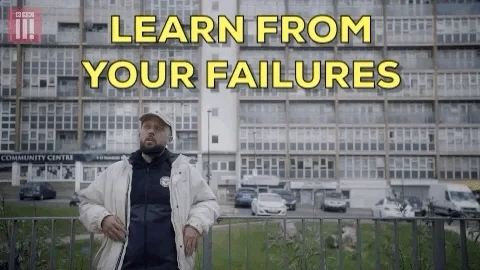
This logo isn't an ad or affiliate link. It's an organization that shares in our mission, and empowered the authors to share their insights in Byte form.
Rumie vets Bytes for compliance with our
Standards.
The organization is responsible for the completeness and reliability of the content.
Learn more
about how Rumie works with partners.
You're in a job interview and you're already feeling a bit stressed about the situation.
Then the interviewer asks you to talk about an assignment you found too difficult!

Worry not!
You'll be able to impress them by using a simple, 4-step method.
Why did they ask this question?
Interviewer: "Tell me about a time that you had to deal with an assignment that was too difficult for you?"

What the interviewer is looking for is:
can you be honest and humble enough to admit it when you did face something too difficult?
can you show a growth mindset?
are you taking charge of the situation?
Quiz
What else might the interviewer want to know in asking this question?
The interviewer wants to hear how you dealt with a challenge to better understand your personality and attitude. They know everyone fails sometimes and they don't just want to trick you! The interviewer's job is to decide if you'll be able to deal with difficulties in the job you've applied to.
Be the STAR of your own story

To answer this (and many other interview questions), you can use the STAR method: Situation, Task, Action, Result.
What was the Situation?
This could be anything. It doesn't have to be work-related.
Some examples:
a school assignment
a new summer part-time job
your best friend's mum tasked you with organizing their birthday party
What was the Task you had to complete?
Keep this short and clear, for example:
drawing a portrait for your art coursework
serving customers at a till
sending out invites, making a shopping list for snacks, and baking a birthday cake
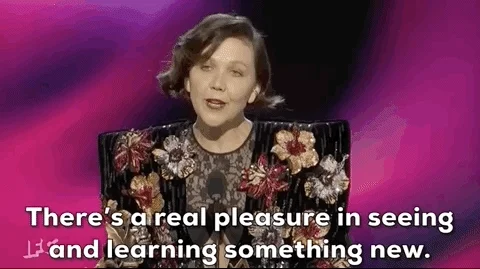
What Action did you take?
This is the important part. What did you do, and why?
It's okay to admit that you felt stressed, or overwhelmed, or just out of your depth. That's just human!
However, you then want to show you took some Actions and dealt with it.
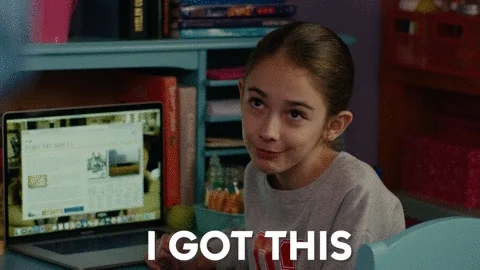
Quiz
What are some good Actions to talk about?
Apart from "giving up", all the others are good answers. Remember to add some details, e.g. how you picked which friend or co-worker for help, or the fact that you practised the assignment.
What was the Result?
So, where did those Actions take you? What have you got to show?
Maybe you show them a picture of that gorgeous cake you baked!

Or tell them about the portrait you drew and discuss the reaction you got.
You could discuss how, just a couple of weeks after learning how to use a till, you were able to train someone else in using it.
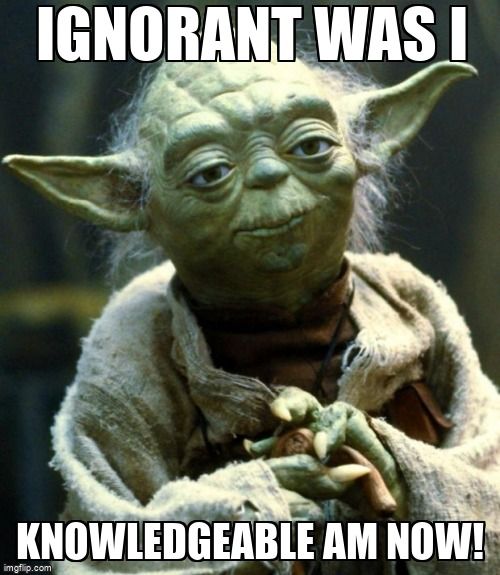
But what if the Task was actually too hard?
It's possible that actually, you realised that the Task required more extensive training and you were, in fact, not the right person for the job.
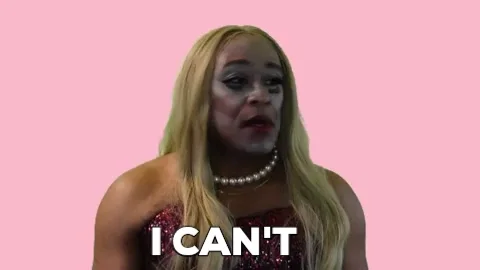
In this case, show how you took responsibility to raise this in a polite way.
For example, you might've tried to bake that cake but failed miserably. You could say:
After watching a YouTube tutorial and following a step-by-step recipe, the result was still poor. Thankfully I had chosen to bake a trial cake a week before the party, so I was able to fix the situation in time. I called my friend's mum, and we agreed to pay a baker if I couldn't find a solution. I called several people until I found someone willing and able to bake the cake! The party was a success!
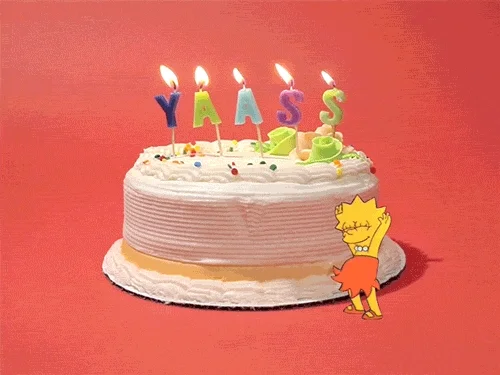
Take Action
Get ready for your interview!
This Byte has been authored by
Cecilia Astolfi
Learning expert
CTeach MPhys CPhys
